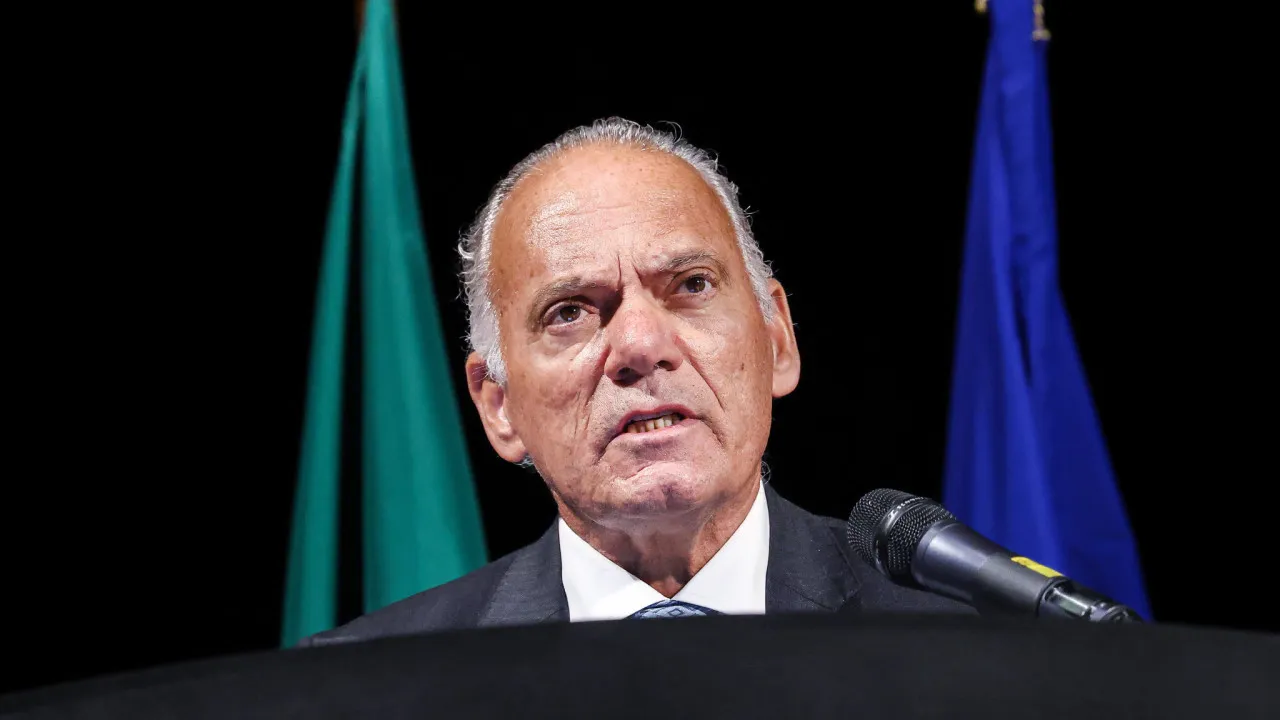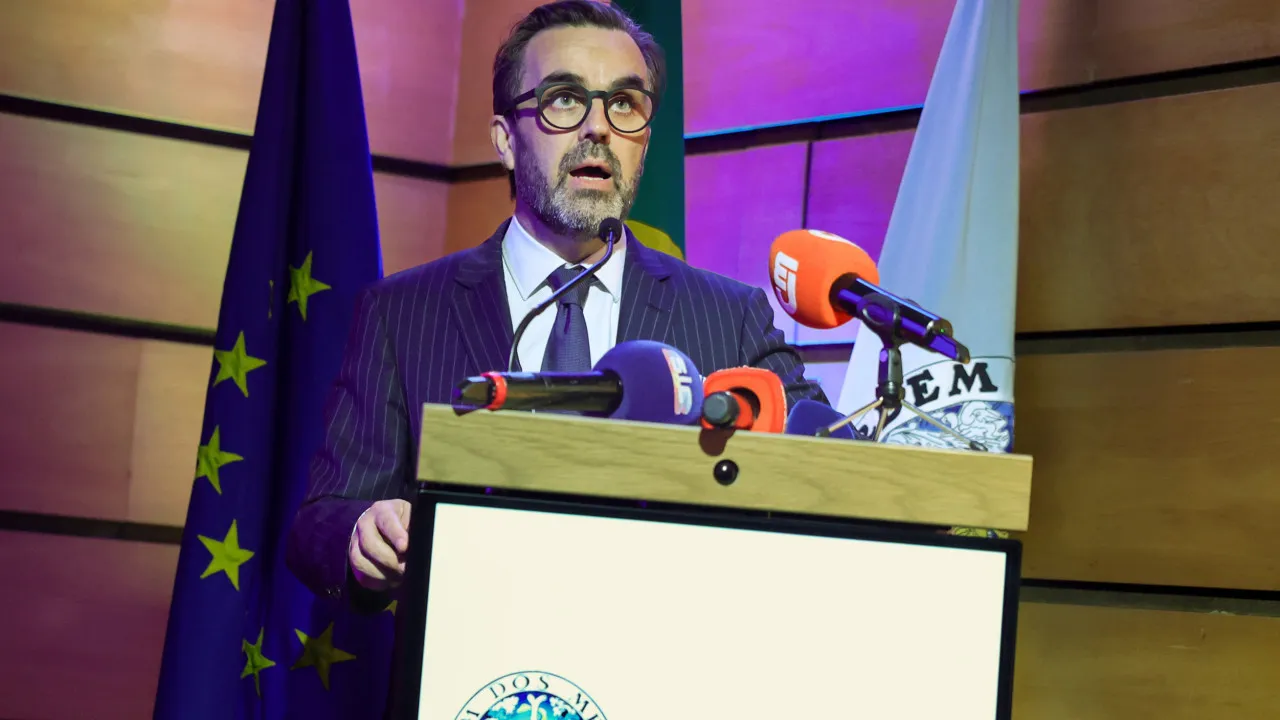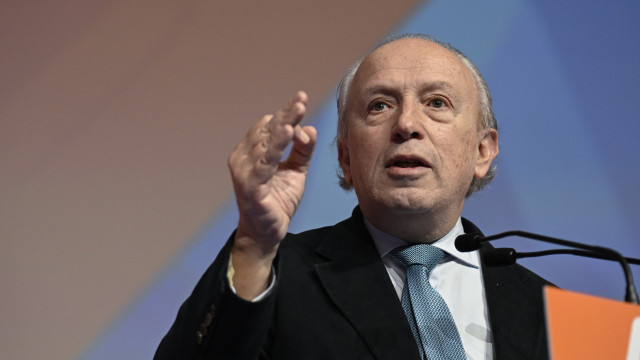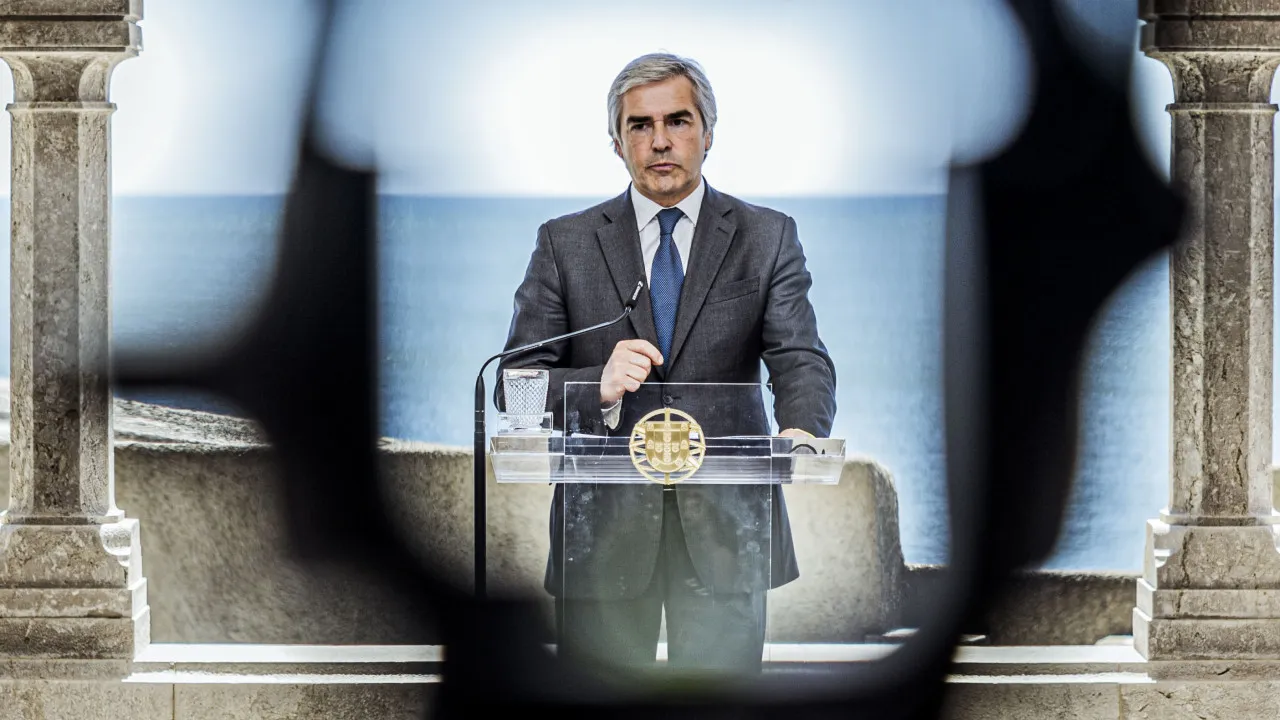
“A youthful mind out there, with youthful energy as well,” said Cardinal António Marto to the journalists at the Sanctuary of Fátima, affirming that he has already made his choice, which he did not reveal.
When questioned about the profile of the next Pope, after highlighting that Francisco, who passed away on Monday, “blazed new trails for the Church and humanity,” the cardinal, bishop emeritus of the Diocese of Leiria-Fátima, emphasized the need for continuity.
“There are things that cannot go back, we cannot regress,” he argued, noting that we live in a time with “new conditions, new challenges that demand new responses, new paths, new methods, new languages.”
Cardinal Marto remarked that “the Pope initiated processes that need to be continued now.”
“I believe most cardinals are convinced that it will have to be a candidate who will follow these processes initiated by Pope Francis,” he stated.
Admitting that “in all pontificates, there is always a group nostalgic for the past (…), but it’s not worth shedding tears over a past that will not return,” António Marto emphasized that “nobody chooses the time or the world they want to live in.”
“It is this world that the Church has to exercise its mission, for which Pope Francis opened new pathways,” he insisted, believing that this profile will be the “most consensual” among the electing cardinals.
Reiterating that “Europe is no longer the center of the world, nor the Church,” António Marto noted that the Catholic Church is “flourishing in Africa, Asia, and Latin America,” marking that there are strong candidates in these areas.
“The universality of the Church in its diversity has a greater expression today in the College of Cardinals,” he noted.
Regarding the conclave, he anticipated that “it will not be very lengthy,” noting that this was also the case in the previous two conclaves.
“Pope Benedict XVI [1927-2022] was elected in the fifth vote, but a sixth was needed for confirmation, to feel well confirmed. This Pope Francis was elected in the fifth vote,” he added, recognizing that the choice of Francis’s successor might occur “during” the pilgrimage on May 12 and 13 to the Sanctuary of Fátima, where thousands of faithful are expected.
This pilgrimage will be presided over by Brazilian Cardinal Jaime Spengler, Metropolitan Archbishop of Porto Alegre, President of the National Conference of Bishops of Brazil, and President of the Latin American Episcopal Council.
Jaime Spengler, aged 60, was made a cardinal by Pope Francis in December 2024 and will also attend the conclave.
“It might happen [Jaime Spengler] says ‘I cannot go’ [to the pilgrimage],” said the Portuguese cardinal.
António Marto is one of four Portuguese electing cardinals in the conclave, alongside Américo Aguiar, Manuel Clemente, and Tolentino de Mendonça.
Pope Francis died on Monday at the age of 88, from a stroke, after 12 years of pontificate.
Born in Buenos Aires, Argentina, on December 17, 1936, Francis was the first Jesuit and the first Latin American to lead the Catholic Church.
His last public appearance was on Easter Sunday in the Vatican, a day before his death.
Pope Francis was hospitalized for 38 days due to bilateral pneumonia, with discharge on March 23.
Portugal declared three days of national mourning.




